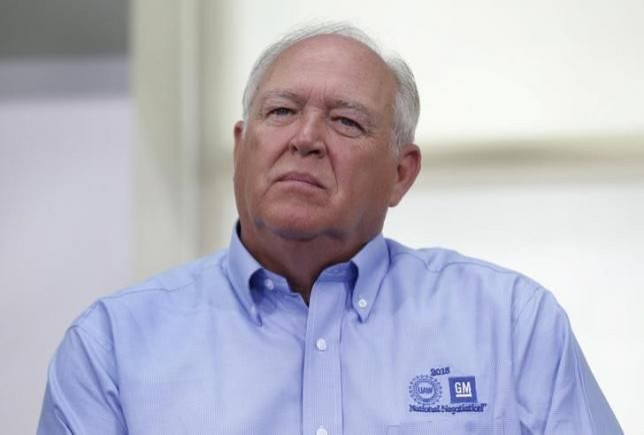UAW, US Automakers Meet Through Weekend, Monday Deadline Looms

Negotiating teams from the United Auto Workers union and the three Detroit automakers met through the weekend trying to reach agreements before the expiry of labor contracts late Monday night.
UAW President Dennis Williams last week said that he will pick a "target" company by the day the contracts expire. He had not made public his choice as of midday Sunday.
Traditionally, major provisions of the first contract reached are used as a pattern for the other two automakers.
Both sides have kept a tight lid on details of the talks, but have said that they are discussing a cost-saving health care collective that would pool all 142,000 active UAW members at the Detroit 3 companies into a single plan. Adding UAW retirees to the pool would mean a collective about 1 million strong.
Union leaders have also said they want to secure raises for veteran workers and narrow the pay gap between longer-serving union workers at General Motors Co (GM.N), Ford Motor Co (F.N) and Fiat Chrysler Autombiles NV (FCAU.N) and more recently hired hourly workers, who earn lower, "second tier" wages.
Williams has pushed for the healthcare pool idea, which could cut benefits costs and free money for richer pay increases. Other UAW priorities include securing commitments for jobs at U.S. factories. Company negotiators are expected to press for ways to curtail pension costs and boost productivity, analysts say.
This is the first time since 2009 that all three automakers can legally call strikes. Most U.S. auto plants are near capacity, and the automakers do not want to lose production of highly-profitable large trucks and SUVs. The UAW has in the past extended strike deadlines when it appeared progress was being made to resolve complex issues.
UAW leaders have rallied members by saying "this is our time" to reap rewards for workers three rounds of concessionary contracts since 2007. The Detroit Three are recording robust profits in North America.
Ford, GM and FCA say they must protect against a downturn in a cyclical industry. But the cost of labor is less and less important to a vehicle's overall cost, according to economist Sean McAlinden of the Center for Automotive Research. Labor's share of vehicle price for the Detroit 3 last year was 6.7 percent, from 15 percent in 2008, he said.
(Editing by William Hardy)
© Copyright Thomson Reuters 2024. All rights reserved.





















